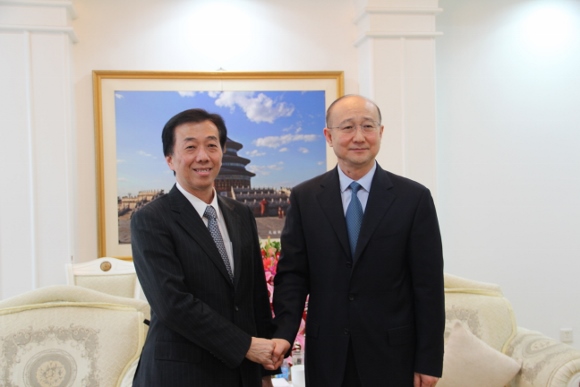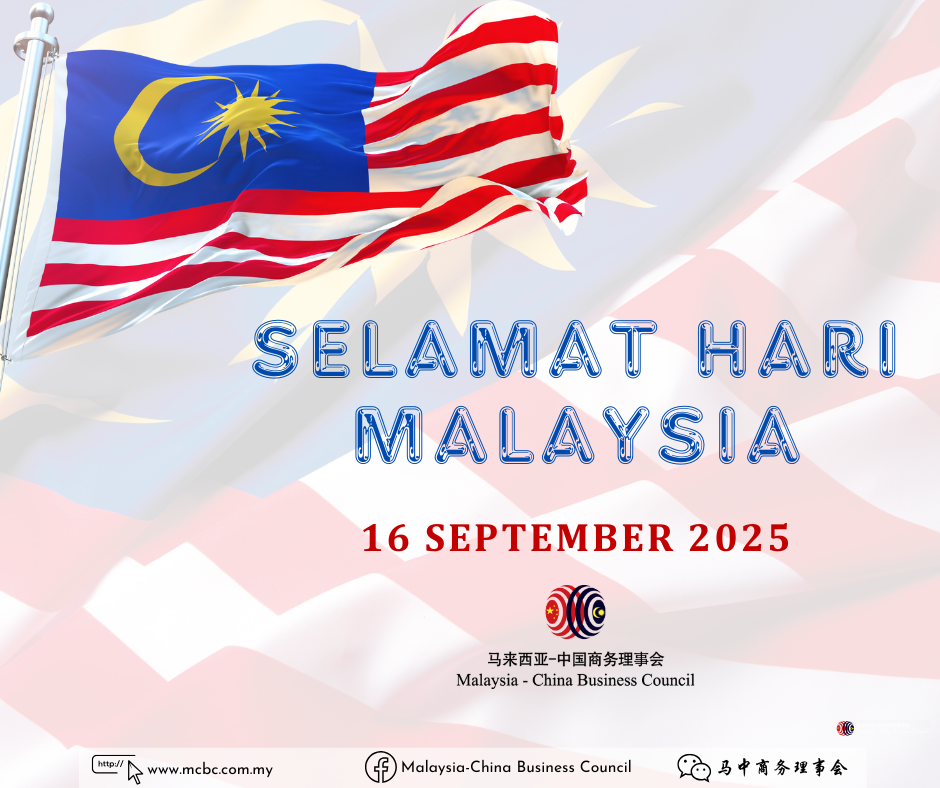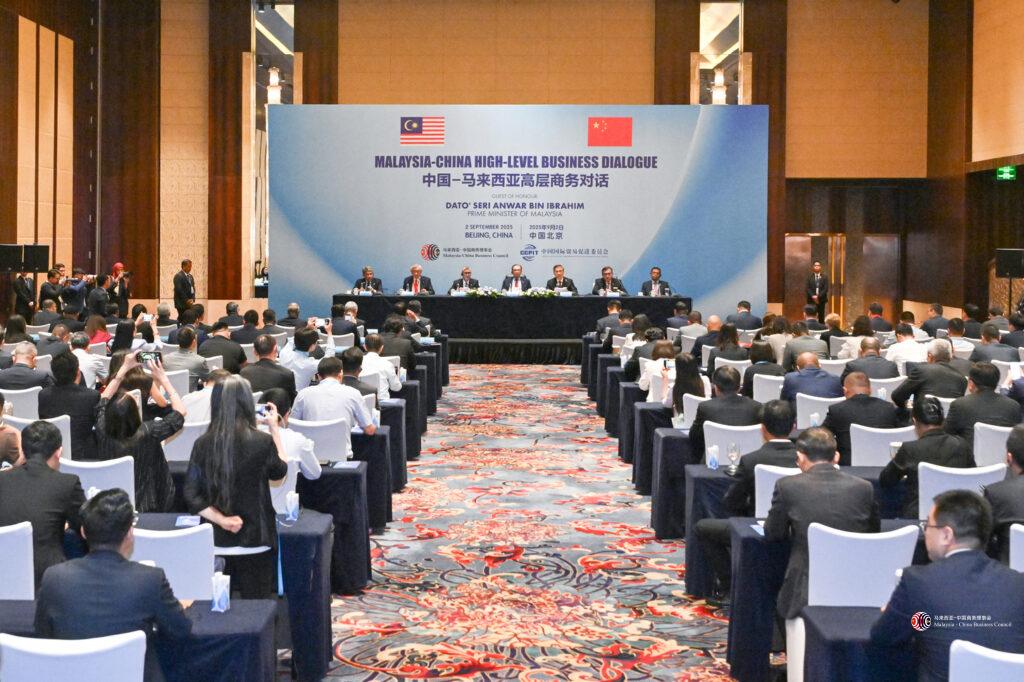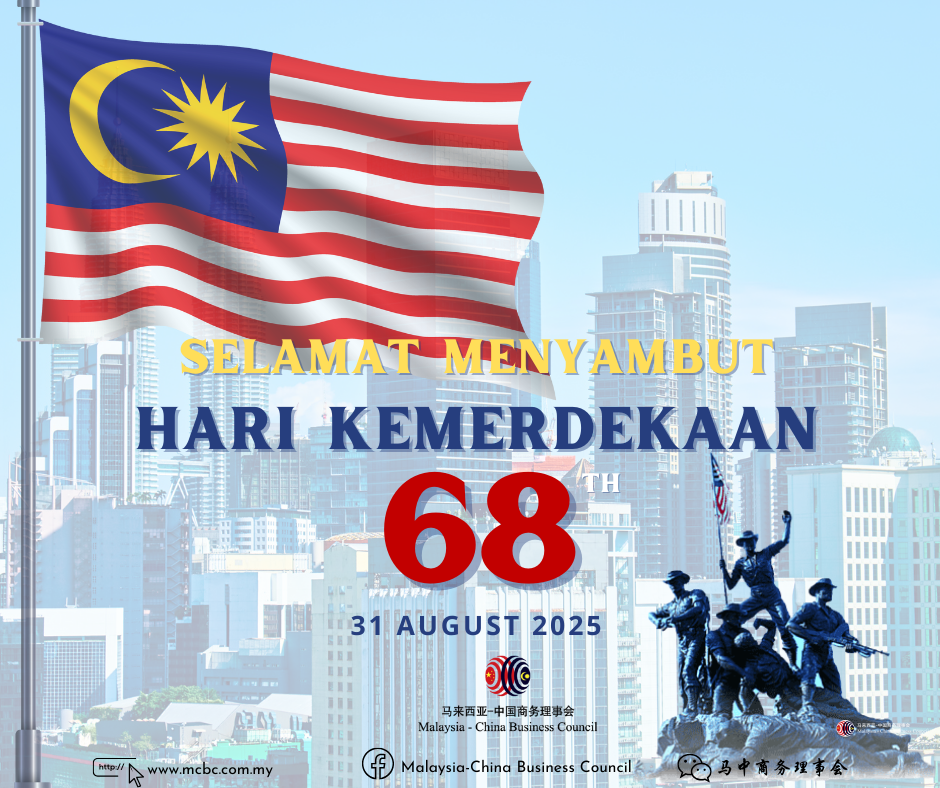The Prime Minister’s Special Envoy to China Tan Sri Ong Ka Ting, who is currently in China to seek a solution to the bird’s nest issue, met the Minister of China’s General Administration of Quality Supervision, Inspection and Quarantine (AQSIQ) Mr Zhi Shuping on Mach 18.
Tan Sri Ong has been appointed by the Malaysian Cabinet to lead a delegation to China and hold discussions on the bird’s nest issue with Chinese health authorities dealing with food safety.
His delegation includes senior officials of the Ministry of Health, Ministry of Agriculture and Agro-based Industry as well as a team of chemists and experts specialized in food safety.
As this is also the transitional period involving leadership change, it is not quite easy for visitors to arrange for meetings with Chinese ministers and senior officials.
However, Tan Sri Ong was warmly received by AQSIQ Minister Mr Zhi Shuping for the crucial discussion on the bird’s nest issue under a special arrangement.
During the discussion, Tan Sri Ong explained the dilemma faced by Malaysian bird’s nest operators and he raised four points crucial for a solution to the problems faced by Malaysian bird’s exporters:
- Raw unclean bird’s nests exported to China should be exempted from the standard requirements of foodstuff. Specialists from both countries should hold discussions to work out a practical, fair and scientific standard to allow the export of such raw products to China.
- Immediate discussion should be held possibly on March 21 between the specialists accompanying Tan Sri Ong in the current visit to China and AQSIQ specialists to find a solution on the export of raw unclean bird’s nest products to China.
- The Malaysian Government will carry out scientific tests on the maximum 30ppm nitrite standard of raw clean bird’s nests in order to ease the problems faced by Malaysian exporters of such products.
- To invite a specialist team from the Certification and Accreditation Administration of China (CNCA) to visit Malaysia in late March or early April and carry out on-the-spot audition of technical information submitted by the Ministry of Agriculture and Agro-based Industry test on processed samples so that the operators can obtain the certification and expedite their exports.
Tan Sri Ong said the above four issues had been the main concerns of Malaysian exporters of raw and clean bird’s nests all these years.
During the discussion, he stressed that the Prime Minister Dato’ Sri Najib Tun Razak was highly concerned about the bird’s nest issue and the current discussion was an extension of work in following up the exchange of views between Dato’ Sri Najib, former Chinese Premier Wen Jiabao and Chinese leader Jia Qinglin. The discussion is based on the mutual interests of both countries.
Minister Zhi stressed on the principle of China’s stringent standards on food safety while at the same time was sympathetic with the concerns of the bird’s nest trade expressed by the Malaysian government.
Following discussion, he agreed to start negotiations on the basic standard of unprocessed unclean raw bird’s nests required for import into China. He agreed on the spot to have a meeting between AQSIQ specialists and Malaysian specialists to explore the issue within the scope of AQSIQ.
According to Tan Sri Ong’s proposal, the meeting will be held on March 21 in Beijing. He also invited AQSIQ to make a visit to Malaysia as early as possible to carry out auditing on the processing of raw bird’s nests in order to expedite the certification process.
Minister Zhi said food safety authorities of both countries should examine the issue relating to the maximum nitrite level of unprocessed bird’s nest products and AQSIQ will work out an import procedure based on the new standards.
He stressed that as a major producer of bird’s nests, it was duty-bound for the Malaysian authorities to enforce stringent control to protect the safety and interest of consumers.
According to the original schedule, specialists from both countries held discussions on March 19 and 20 on the maximum nitrite level of unprocessed raw bird’s nests based on scientific analysis and data.




